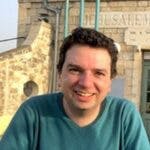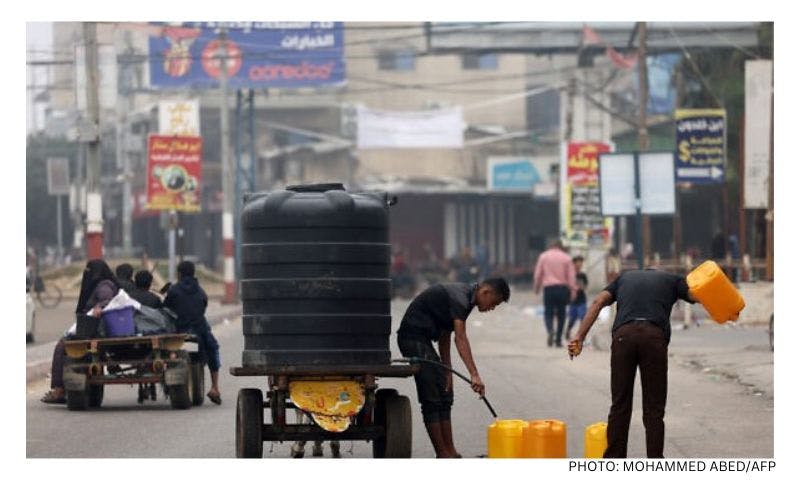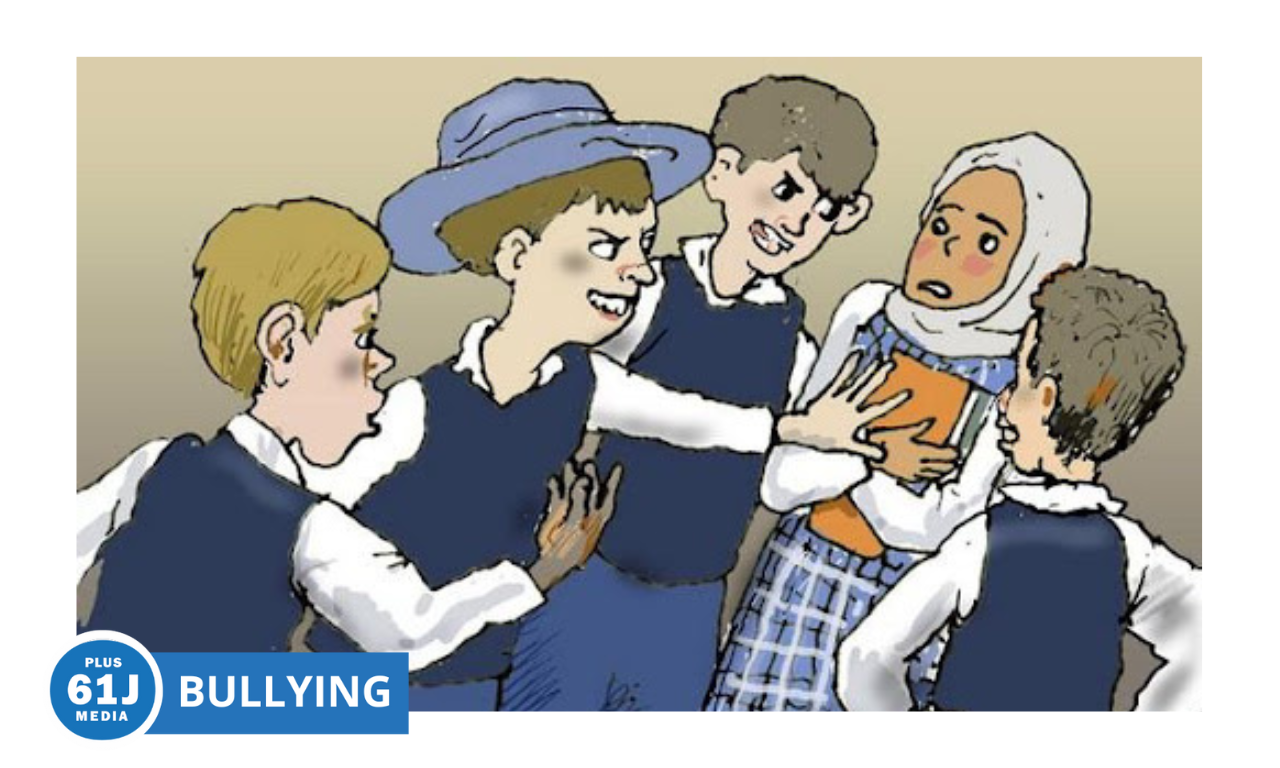Published: 9 August 2022
Last updated: 5 March 2024
ITTAY FLESCHER: Just last week, Israeli and Palestinian families met for a beach day in Tel Aviv. But when hostilities resume, we can't see there are victims across the border, too.
Every Saturday, I like to go for a run or walk down the Park Hamesila in Jerusalem, usually with a friend. The path goes through the German Colony which is home to many modern orthodox Jews. This week I was alone so I took a phone with me to listen to a podcast on my run. After I finished, I took a few moments to sit on a park bench in the shade to catch my breath.
The war had broken out between Israel and Gaza just the night before so, the first thing I did was check the news to see what was going on. A moment after I started scrolling, a religious woman in her 60s came up to me.
“I’m so glad you are here, I need to know what’s going on, and you are the first person I am seeing on a phone,” she said.
I immediately realised the information she was seeking and told her the latest news on the violence. I said, “Since last night there have been 160 rockets fired on Israel, thankfully almost all of them were stopped by the Iron Dome so there were no injuries on our side.”
This woman assumed that only someone “not Israeli” would speak about civilian casualties in Gaza.
I then added that there were also two Islamic Jihad commanders killed in Gaza, plus several civilians including a five-year-old girl. She immediately cut me off and said, “Oh, I’m not interested in what’s happening there, they deserve it. I only want to know what happened on our side.”
I added a few more details about what Lapid and Gantz said in their Friday night live press conference, after which she asked me, “Are you Israeli?” despite the fact that I had been speaking with her in fluent Hebrew up until this point.
I understood the subtext very clearly. The fact that I had shown concern for Palestinians casualties cast doubt on my loyalty.
As someone who watches hours of Israeli news every day, and now the almost 24/7 coverage since the latest war broke out, I know that the mainstream channels here almost never report on civilian casualties from Gaza, let alone broadcast interviews with their grieving families.
The Palestinian media are exactly the same. They never pay any attention to the suffering of millions of Israelis who spend sleepless nights on edge or in bomb shelters wondering if their homes will be next every time rockets are fired from Gaza.
This woman assumed that only someone “not Israeli” would speak about civilian casualties in Gaza. Maybe she was right. Even though I was born here, I did spend most of my life in Australia, and despite my knowledge of the language and culture of Jerusalem, will probably always feel much like an outsider. Ultimately, the more I learn about and experience this place, the more I realise how much I don’t know.
I don’t know if the arrest of Palestinian Islamic Jihad (PIJ) commander, Bassem Saadi, 62, in Jenin last week made any Israelis safer.
I don’t know if PIJ's threat to retaliate for his arrest by attacking communities in the south of Israel was real or hyperbole.
I don’t know if locking down entire communities and blocking roads surrounding Sderot for a week was the right thing to do.
I don’t know if the fact that Yair Lapid and Benny Gantz launched this war before a single rocket was fired from Gaza had anything to do with the upcoming election on November 1.
I don’t know why the 24/7 news coverage of the war on all the mainstream TV stations in Israel right now hasn’t once showed the interview with the grieving family of Alaa Qadoom, a five-year-old girl killed by an IDF air strike on a residential building in Gaza on Friday afternoon.
I don’t know what would have happened had the PIJ commanders killed in that airstrike been alive today.
I don’t know what PIJ hope will happen after they fire hundreds of rockets, leading many Israelis to again put their kids to sleep in bomb shelters this Shabbat.
But here’s what I do know.
I know that my heart is with the people of southern Israel living under rocket fire and my home is open to them.
I know that my heart is with the people of Gaza living under rocket fire and my home is open to them.
I know that this war is a heartbreaking failure for all who believe that our differences should be expressed through words and dialogue rather than rockets and drone strikes.
I also know that on Tuesday this week, about 150 Jewish and Arab mums and kids from across Israel and the West Bank met on a Tel Aviv beach – many of the youngsters swimming in the sea for the first time.
This unusual Israeli-Palestinian beach outing was jointly organised by Women Wage Peace – an Israeli movement established eight years ago after Operation Protective Edge – and Women of the Sun, its brand-new sister movement in the Palestinian territories.
Reflecting on my conversation this morning, if this place will have a future that is different from our reality today, it will be because of grassroots movements like this that humanise the other side, leading us to care deeply for the well being of all the people with whom we are destined to share this land.
As these movements grow, I hope that both Jerusalem and Ramallah will be blessed with politicians who have the courage to follow their lead in accepting that the risks of peace are always preferable to the painful price of war.
READ MORE
‘It Can Be Different’: When Israeli and Palestinian Kids Spend a Rare Day Together (Haaretz)
Photo: Israeli and Palestinians mothers and children at the beach on an outing organised by Women Wage Peace last Tuesday (Moti Milrod/Haaretz)




